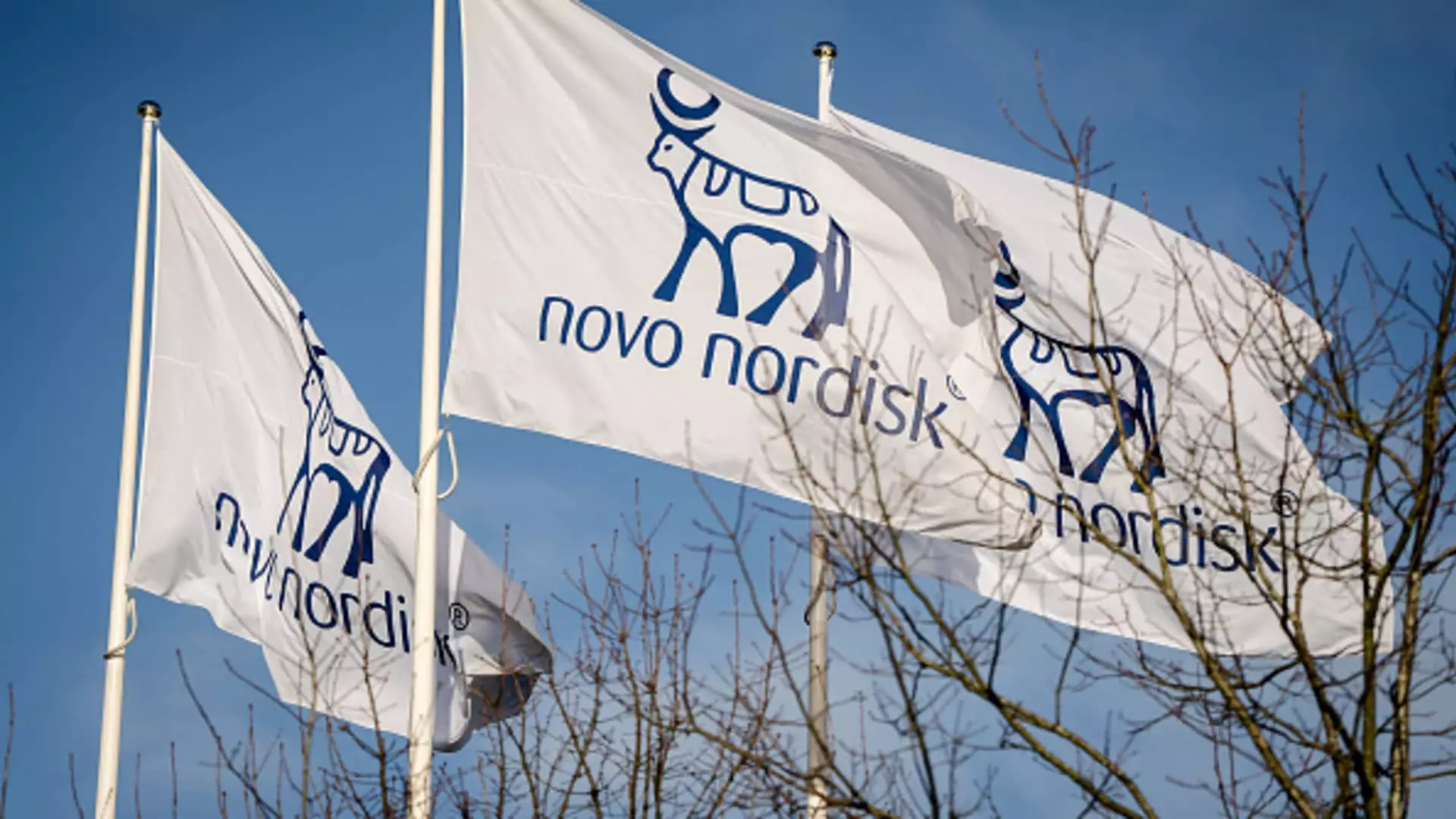The recent announcement from Novo Nordisk regarding Rybelsus has the potential to reshape diabetes treatment as we know it. This oral medication has demonstrated significant cardiovascular benefits in a late-stage clinical trial, paving the way for broader acceptance and use among diabetic patients. With cardiovascular disease being a leading cause of complications for those with diabetes, the implications of these findings are immense. The details surrounding Rybelsus and its benefits warrant a deeper exploration into what this means for health care, treatment protocols, and most critically, for patients.
This groundbreaking study, presented at the American College of Cardiology’s Annual Scientific Session, reveals that Rybelsus reduces the risk of cardiovascular-related deaths, heart attacks, and strokes by 14% when compared to a placebo. This is not merely a statistic; it represents a meaningful improvement in life quality and longevity for patients grappling with both diabetes and heart issues. The ability of Rybelsus to address these dual health challenges positions it as a revolutionary tool for endocrinologists and general practitioners alike.
The Appetizing Alternative to Injections
One of the previous barriers to effective diabetes management has been the reliance on injectable medications. For many, the psychological barrier of needles can hinder treatment adherence. Dr. Stephen Gough, Novo Nordisk’s global chief medical officer, emphasized this point – not every patient feels comfortable with injections. Rybelsus offers a vital alternative, giving those with needle phobia or other concerns a legitimate option for managing their condition in a more patient-friendly manner. The significance of choice cannot be overstated in healthcare, where the physical and emotional comfort of patients often determines their treatment journey.
Moreover, the presentation of this new oral treatment offers renewed hope to patients who have long felt marginalized by the limitations of current therapies. This is not merely about convenience; it’s about empowerment. The dialogue between healthcare providers and their patients can now occur with a broader spectrum of treatment options, allowing for a personalized healthcare experience that tailors to individual needs.
Catalyzing Competition and Innovation
Rybelsus is indeed a game-changer, but it is entering an increasingly competitive market. Eli Lilly, among other pharmaceutical companies, is also developing oral GLP-1 medications for similar applications. This competition can be viewed positively—fueling innovation, decreasing costs, and potentially improving patient outcomes across the board. A healthier dose of rivalry can inspire breakthroughs that wouldn’t have occurred in a monopolized landscape, which promotes stagnation rather than growth. This reinforces the importance of investing in new treatments and exploring avenues that could yield additional patient benefits.
The results from the trial involving over 9,600 patients only further emphasize Rybelsus’ potential placement as a central player in diabetes treatment regimens. The data showing reduced rates of non-fatal heart attacks by 26% and non-fatal strokes by 12% illustrates the medication’s protective cardiovascular role, which aligns with previous injectable counterparts. This corroboration strengthens the argument for Rybelsus as a staple in dual-diagnosis management.
Addressing the Health System’s Challenges
While the advantages of Rybelsus are compelling, it’s crucial to analyze how its introduction fits within the broader healthcare system. The American healthcare landscape has faced systemic challenges, particularly in how chronic diseases are managed. With the advent of Rybelsus, we must ask: Are we prepared to handle the increased accessibility and potential demand for this medication? Will healthcare professionals be adequately trained to discuss new treatment options with their patients?
Additionally, one potential hurdle lies in understanding the medication’s pricing and insurance coverage. There is a pressing need for policymakers and insurers to keep pace with advancements such as Rybelsus to ensure that cost does not become a barrier to access. Market dynamics will need close scrutiny to maintain equitable distribution of this valuable treatment for all patients.
Navigating the Side Effects
The safety profile of Rybelsus is promising; however, no medication is without potential downsides. Participants in the trial reported gastrointestinal issues, such as nausea and diarrhea. While these side effects were reported as manageable and not likely to lead patients to discontinue use, they still highlight the importance of thorough patient education. Understanding the potential side effects enables patients to make informed choices and alleviate anxiety regarding their treatment journey.
Responsive healthcare systems should ensure adequate counseling and support are provided, allowing patients to voice concerns and report complications easily. As we embrace innovative treatments like Rybelsus, it is more critical than ever to maintain a patient-centered approach within the healthcare community. Only then can we maximize the benefits of these groundbreaking medical advancements.

